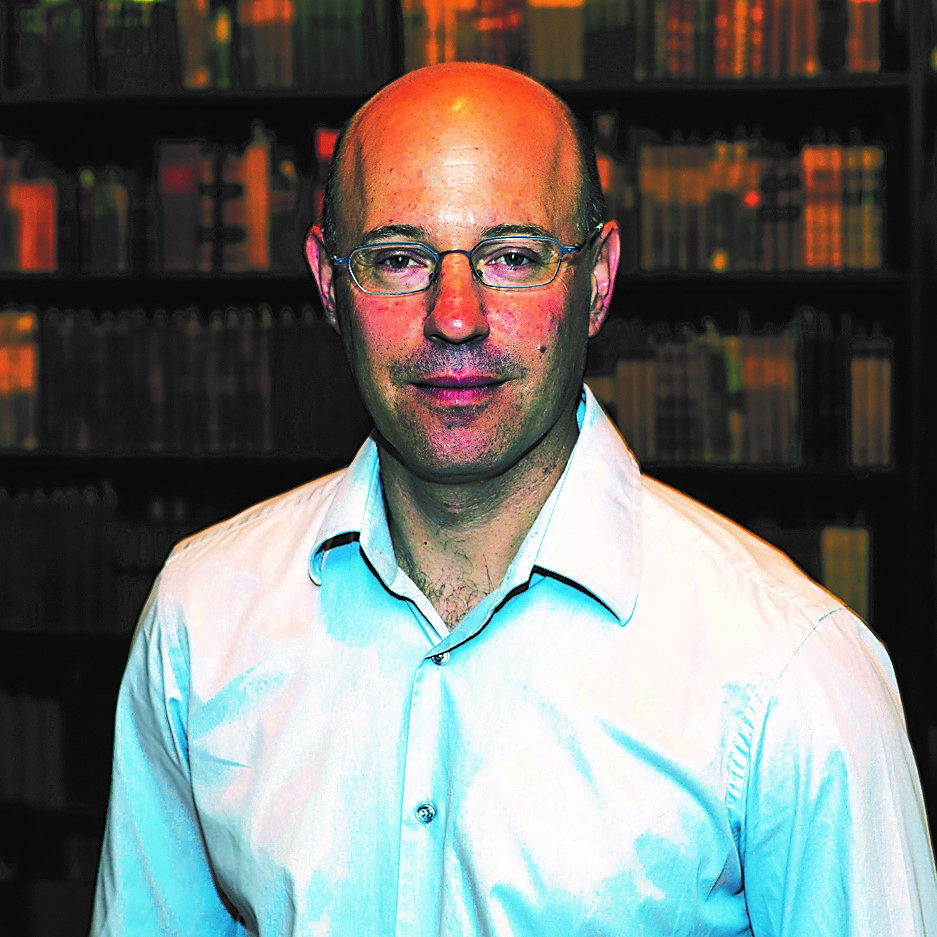click to dowload our latest edition
CLICK HERE TO SUBSCRIBE TO OUR NEWSLETTER


Published
4 years agoon
By
adminMOIRA SCHNEIDER
“Not only must he win, but win and come out looking more powerful than he is now. There is a danger that he wins the battle, but comes out scarred and less powerful. That’s a serious problem.”
Steinberg, a writer, Rhodes Scholar, and professor of African Studies at Oxford University, was discussing Ramaphosa’s options and the next few years in South African politics.
The African National Congress’s (ANC’s) core constituency was sheltered from the global financial crisis in 2008 by employment in the public sector as national and provincial public servants. Between 2011 and the present, the public-sector wage bill increased by 40%, he said.
“So you have a stagnating economy and in the middle of that, a bubble protecting a huge amount of people from economic slowdown. Their lives were protected, but it’s now reached the point that it’s out in the open that it’s unaffordable,” he said.
The question is what happens next, according to Steinberg. “If Cyril does a Margaret Thatcher on the public service, if he downsizes it, if he implements wage freezes across the economy, that bubble would burst, and I think he would lose power.
“Ramaphosa has a hugely difficult job on his hands,” he said, referring to the “very difficult balancing act between the integrity of public finances and the maintenance of the key social base of support not just of his regime but necessary for democracy. There could well be a big public-sector strike coming up.” This is because the unions are “clearly unhappy” about the latest budget, and for the sake of their integrity in the eyes of their members, will have to fight it.
Steinberg suspects that in the event of a strike, Ramaphosa would win, and the unions would buckle. This is because it would involve essential services such as teachers, police, and healthcare workers, resulting in a quick loss of public sympathy. The public would also not support it if it turned violent, “and there almost certainly would be [violence].”
“But I don’t think the strike would be the catastrophe or Armageddon a lot of people talk about. Labour would lose the strike and lick its wounds, and we would start the next budget cycle with a smaller wage bill.”
On the criticism that Ramaphosa is moving too slowly, Steinberg said the president was “acutely aware of the fragility of his power in the ANC and the country at large. He is aware that he could overstep the mark at any minute.”
On the National Prosecuting Authority (NPA), Steinberg said Ramaphosa had assumed it could get going with a few good people in charge. “He discovered to his shock that it was badly broken and that he had inherited an organisation that was in paralysis.
“Prosecutors might be thinking, ‘If we go with him, what if he’s not here in two years’ time – we’re left unprotected’,” Steinberg said. “Cyril thought he’d have a genuinely independent NPA – it’s one of the plans that hasn’t happened.
“I wonder – and again this is a minority position – whether it’s a good or a bad thing. There are very bad people on Ramaphosa’s side, and if the only bad people who ended up in prison were his enemies, I’m not quite sure what the political consequences would have been for him.”
Praising Finance Minister Tito Mboweni’s “very brave” budget, which included bringing down the public-sector wage bill, he said it acknowledged for the first time that we need state expenditure to work in a way that stimulates growth.
While economic growth isn’t totally dependent on us but subject to global factors – coronavirus for example – we now have a budget that recognises its importance.
Asked whether he was pessimistic or optimistic about the country’s future, Steinberg replied: “Honestly, neither. What are the chances that in a decade we’re going to be living in a 5% growth economy, where growth is sufficiently distributed geographically to make up for the past few years?
“I’m doubtful. This is a hard, hard place. The politics here are intractably hard. It’s possible we’ll have this flourishing economy, but I don’t think it’s likely. But is it likely that we’re going to fall apart?
“We’ve been talking about falling apart since the Union of South Africa began in 1910; in 1948 when Verwoerd came to Parliament; Thabo Mbeki saying that if white people don’t wake up, there’s a ticking bomb in this country that’s going to explode. It’s hardwired into our system that things may end tomorrow and they may – who knows – this is a fragile place, but it’s probably not true.
“My sense is that over the next 10, 20 years we grind on. It’s not a flourishing place, it’s not falling apart, but it is a place where with all its imperfections, people like us can be quite happy – with all the worries, anxieties, and uncertainties that come with a place that only grinds on.
Ramaphosa needs to work “much quicker”, Steinberg said. “He has been slow in getting key institutions in the state to work properly, quite simple things, from visa regulations to allow tourists to come here to mining regulations to allow a declining sector to stop the decline. He’s paying almost no attention to the police, and it’s a very, very important institution and a very weak, wounded one.
